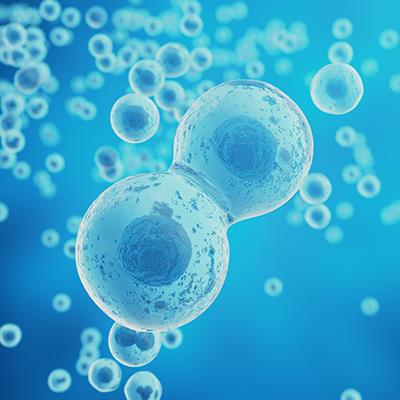 Discovery of widespread DNA damage in stem cell lines spurs call for pre-use sequencing
Discovery of widespread DNA damage in stem cell lines spurs call for pre-use sequencing
More than 70% of stem cell lines derived from human skin cells have damage to their DNA that could compromise their use in research and cell-based therapies, according to a study published August 11 in Nature Genetics. Read More
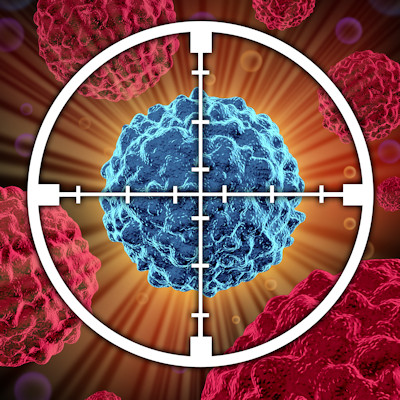 Soluble BCMA acts as decoy receptor to curb blood cancers in mice: study
Soluble BCMA acts as decoy receptor to curb blood cancers in mice: study
A soluble version of B-cell maturation antigen (BCMA), a B-cell surface receptor, may act as a decoy to stop two proteins driving the growth of blood cancers, according to a new study by researchers at Stanford University. Read More
 ARM, NIIMBL offer best practices, standards for cell therapy manufacturing challenges
ARM, NIIMBL offer best practices, standards for cell therapy manufacturing challenges
The Alliance for Regenerative Medicine (ARM) and the National Institute for Innovation in Manufacturing BioPharmaceuticals (NIIMBL) have released best practices and a standard methodology intended to assist the cell-based therapy field with its ongoing manufacturing challenges. Read More
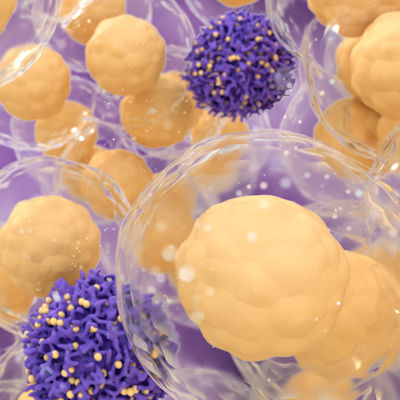 3D imaging reveals picture of T-cell activity to unlock solid tumor opportunity
3D imaging reveals picture of T-cell activity to unlock solid tumor opportunity
Researchers have used imaging and transcriptomics to identify T cells with potent serial killing capacity in a push to expand use of the immunotherapies to solid tumors. Read More
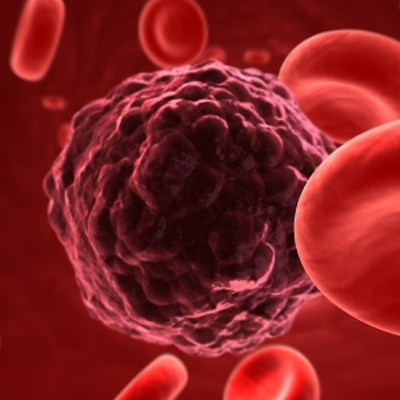 Analysis of nanoparticles, cancer cells could aid development of nanoparticle-based drugs
Analysis of nanoparticles, cancer cells could aid development of nanoparticle-based drugs
Researchers have identified biomarkers that predict whether different types of cancer cells will take up specific nanoparticles, potentially helping to overcome some obstacles to the development of nanoparticle-based drugs. Read More
 New DNA editing tool could enable more personalized cell therapies
New DNA editing tool could enable more personalized cell therapies
University of Minnesota, Twin Cities researchers have developed a new tool to predict and customize the rate of a type of DNA editing called site-specific recombination, offering the potential for more personalized cell therapies. Read More
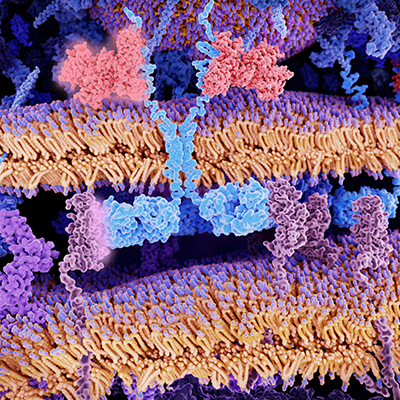 Single-cell sequencing finds subset of CAR T cells that drive anticancer effects
Single-cell sequencing finds subset of CAR T cells that drive anticancer effects
A small subset of the CAR T cells prepared for therapy produce most of the anticancer activity, suggesting it may be possible to improve the treatment, according to a study published in the journal Cancer Discovery. Read More
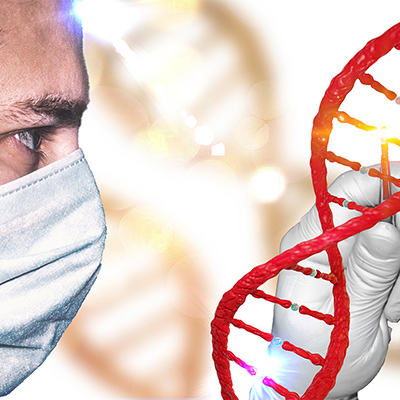 Large DNA insertions in CRISPR-edited cells could increase cancer risk: study
Large DNA insertions in CRISPR-edited cells could increase cancer risk: study
CRISPR-Cas9 can cause large rearrangements of DNA through retrotransposition to theoretically trigger tumor development, according to a paper published in Nature Communications. Read More
 Global consortium creates 'largest' zebrafish genetic atlas to support human disease research
Global consortium creates 'largest' zebrafish genetic atlas to support human disease research
An international consortium of 27 laboratories called DANIO-CODE has created an atlas of genetic data on zebrafish to support research into conditions including cancer, heart disease, and neurodegeneration. Read More
 Cell and gene therapy sector remains strong despite challenges: ARM CEO
Cell and gene therapy sector remains strong despite challenges: ARM CEO
The cell and gene therapy sector is “quite strong” despite the regulatory, investment, and manufacturing challenges facing the industry, according to Janet Lambert, CEO of the Alliance for Regenerative Medicine (ARM). Lambert spoke with ScienceBoard.net about developments in the industry. Read More
Conferences
Science Briefs
Member Rewards
Earn points for contributing to market research. Redeem your points for merchandise, travel, or even to help your favorite charity.
Research Topics
Interact with an engaged, global community of your peers who come together to discuss their work and opportunities.
Connect
Tweets by @ScienceBoard






